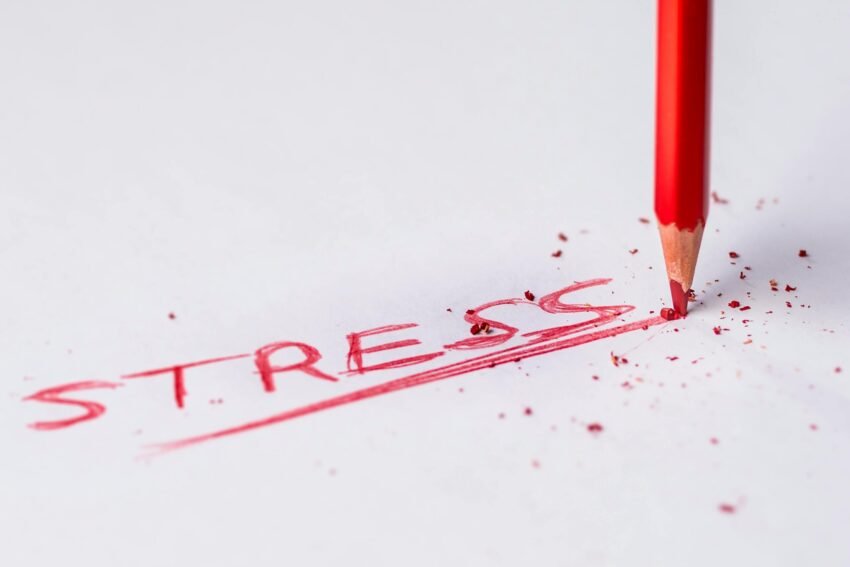
Stress affects us all. In fact, reports have revealed that 74% of adults in the UK have experienced stress in the past year. Despite it being an ever-present factor, there’s no denying that it is capable of influencing both our mental and physical health, making long-term stress management strategies a priority.
Prolonged exposure to stress can lead to serious health issues, including anxiety, depression, heart disease, and weakened immune response. For many, finding effective ways to manage stress is beneficial and essential for maintaining overall wellbeing.
Let’s dive into a few techniques that can help manage stress over the long term, enabling you to safeguard your health and enhance your life’s quality.
Spotting the Signs of Stress and its Long-Term Impacts
First, it’s important to recognise the signs of chronic stress. Spotting the signs is essential for preventing its severe and lasting effects on health.
Experiencing chronic stress can manifest in various ways. It could be in physical symptoms such as headaches, muscle tension, and fatigue. Or it could appear as emotional responses, including irritability, anxiety, or depression. It can even manifest in behavioural changes like overeating or under-eating, sleep disturbances, and withdrawal from social activities.
Whichever form it takes, by regularly assessing these symptoms and identifying triggers, you can begin implementing effective stress management strategies.
Long-term, unchecked stress disrupts nearly every system in the body and increases susceptibility to serious conditions such as heart disease, diabetes, and mental health disorders. This is why awareness and early intervention are key to maintaining overall health and wellbeing.
Psychological Strategies for Managing Stress
In addition to spotting the signs, it’s also worth looking into psychological strategies for managing stress.
Adopting psychological techniques can help provide significant relief. For instance, cognitive-behavioural therapy (CBT) and mindfulness are particularly effective for examining and changing stress-related thought patterns.
You might even look into taking up activities such as meditation and journaling, which can help by providing an outlet for expressing thoughts and feelings. When you find an outlet that works well for you, the next task is to continue doing it. This is why implementing a daily routine that includes these practices can fortify your mental resilience and reduce stress levels.
The Benefits of Regular Consultations with a Psychologist
Staying on the topic of psychological strategies, having regular interactions with a psychologist can dramatically alter your approach to stress management. These professionals assist in uncovering and addressing the root causes of your stress.
They provide tailored strategies that cater to individual circumstances, enhancing your ability to cope with stressors. Consider scheduling monthly sessions to maintain continuity in your mental health care.
For those new to therapy, platforms like My Online Psychologist offer an accessible starting point for online consultations. Why not book your online consultation today to get started?
Physical Activities to Combat Stress
Of course, engaging in regular physical activity is a proven stress reliever. It is quite amazing how exercise affects your brain!
Fortunately, there are various activities, each accommodating beginners looking to get healthier. Participating in activities like yoga, brisk walking, or cycling stimulates the production of endorphins, your brain’s feel-good neurotransmitters.
What’s even better is that exercise also promotes better sleep. Sleep can often be disrupted by stress, creating a vicious cycle. As such, incorporating at least 30 minutes of moderate exercise into your daily routine can improve your mood and physical health.
Managing stress is about more than just a quick fix; it involves adopting a comprehensive approach, such as the methods mentioned above. Each step you take can significantly improve your health and quality of life.
Prioritise your mental health today; it’s essential for a balanced and fulfilling life.
Source: healthylifeessex.co.uk








 Please wait...
Please wait...

Add comment